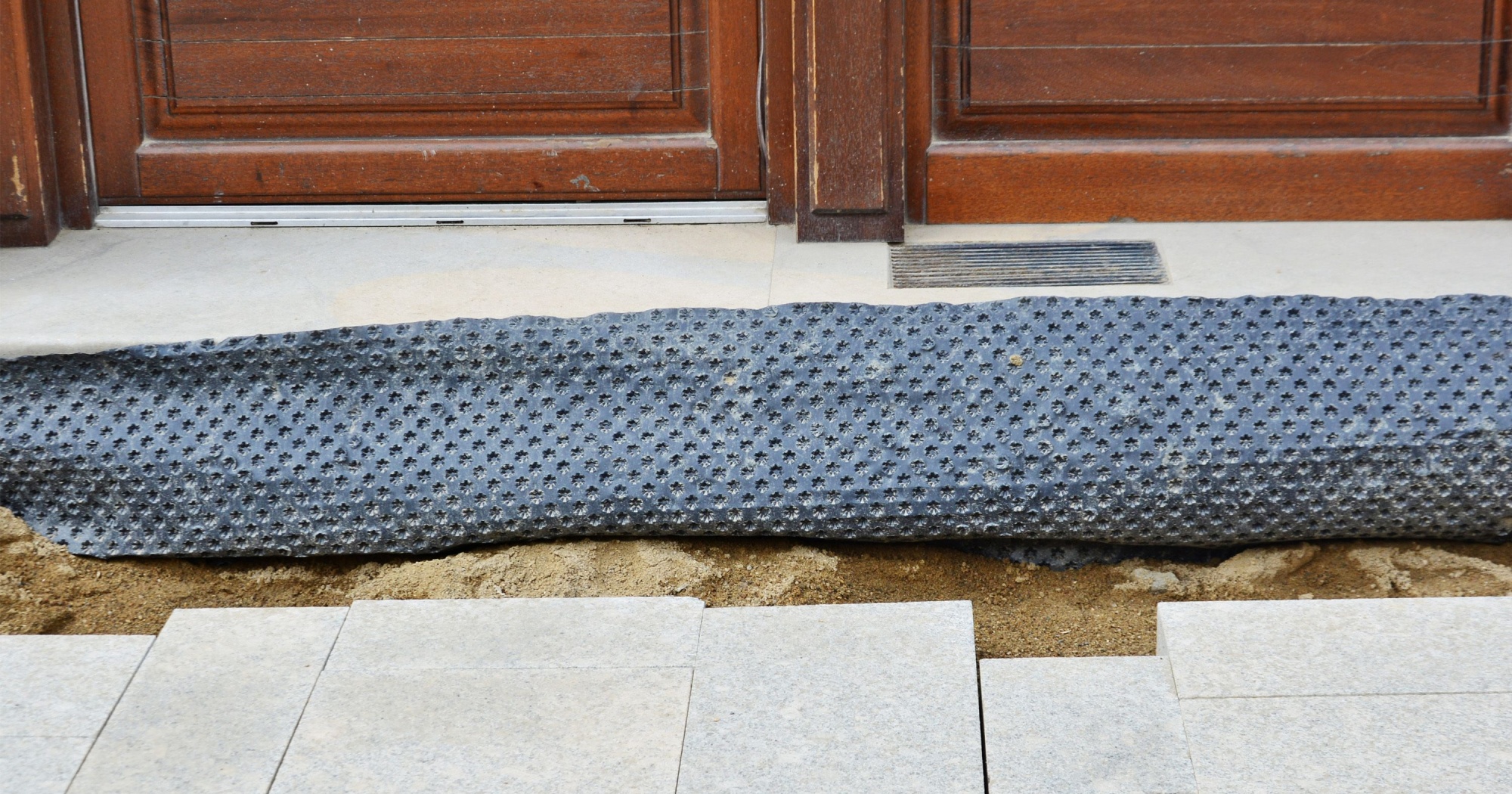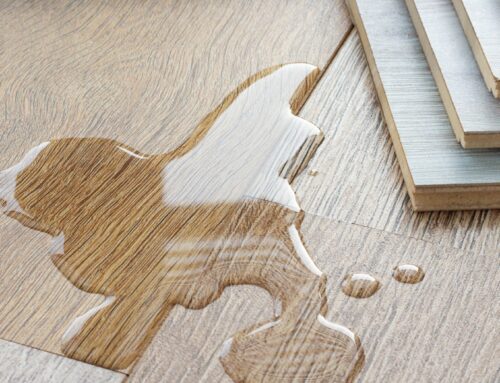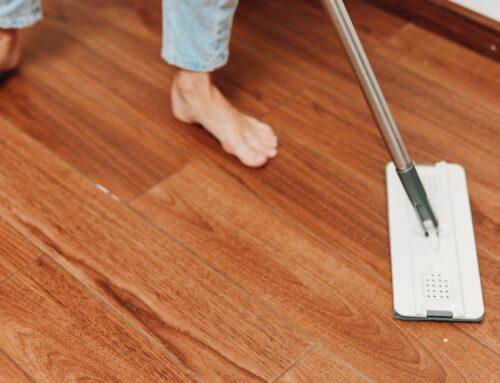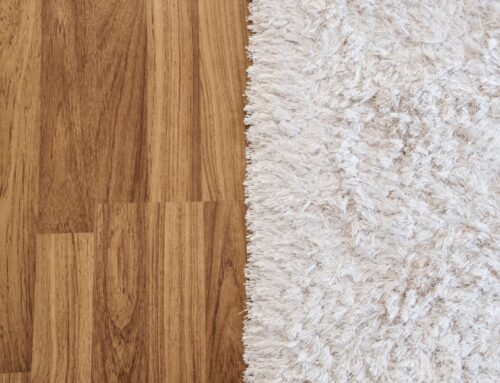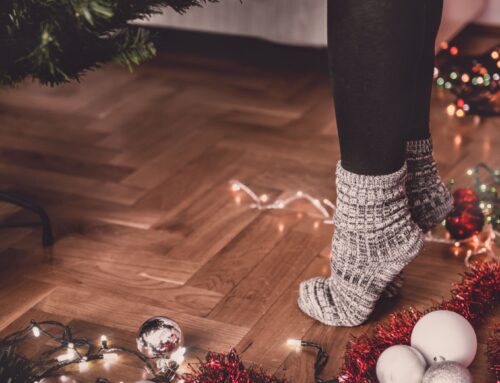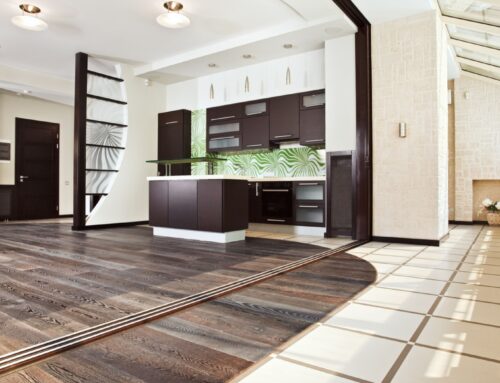How Moisture Barriers Safeguard Your Bathroom Floors
Ever stepped into your bathroom, only to feel that dreaded dampness creeping through your toes? Bathrooms, as one of the most moisture-prone areas in any home, require special attention with flooring, including the strategic use of moisture barriers for flooring that add protection. These barriers are essential in preventing water from seeping into the subfloor, which can lead to costly repairs down the line.
Protecting your floors from moisture isn’t just about preserving appearance—it’s about safeguarding your investment from serious issues like warping, swelling, and even mold growth that can compromise the structural integrity of your home. This is where moisture barriers for flooring come into play here, acting as a guardian that prolongs the life of your flooring by preventing moisture-related damage.
In this comprehensive guide, we’ll delve into bathroom-appropriate materials such as porcelain tiles, luxury vinyl, and engineered hardwood, each offering unique benefits for wet environments. We’ll also highlight the pivotal role of moisture barriers for flooring, discussing how they work and why they are crucial for long-term floor durability. But remember, if you’re seeking personalized advice, the experts at Anchor Floors are ready to walk you through your options with tailored solutions. In the meantime, use this guide as a valuable starting point to make informed decisions about your bathroom flooring needs.
Why You Need Moisture Barriers for Flooring in Your Bathroom
Moisture is the sneaky enemy of your floors, often causing a bunch of annoying problems. Ever noticed warped floors? That’s moisture at work, especially on wood, which can lead to uneven surfaces and weaken your floors’ structure. Then there’s mold—not only is it gross, but it’s also bad for your health and your flooring. Plus, moisture can just wear things down over time, costing you money. Bathrooms, with all their steam and humidity, are especially at risk. That’s why moisture-resistant flooring is a smart investment, saving you from pricey repairs. Installing a moisture barrier for flooring underneath provides added protection and is your floor’s best friend in fighting off water damage.
What’s a Moisture Barrier, Anyway?
Think of a moisture barrier as a protective shield for your floors—a must-have to keep them dry and safe. It acts like a wall, stopping water from messing up your flooring. There are different kinds of moisture barriers for flooring, each with its own perks. Underlayments offer cushioning and keep noise down, while vapor barriers are thin layers that block moisture. Sealants add an extra level of protection by coating the surface of your flooring. Bathrooms, in particular, can really benefit from these solutions, turning them into little moisture-resistant fortresses.
Can All Bathroom Floors Benefit From Moisture Barriers?
Moisture barriers for flooring are generally a win for most bathroom floors, but some materials benefit more than others. Ceramic and porcelain tiles are already pretty water-resistant, but the grout can still soak up water, so extra protection is a plus. On the other hand, laminate and hardwood are more vulnerable to water damage, so they really gain from moisture barriers to prevent issues like warping. Even vinyl flooring, known for handling water well, can benefit from moisture barriers to protect the subfloor. In short, while moisture barriers make all bathroom floors tougher, they’re especially important for materials that are more easily damaged by water.
Exploring Flooring Materials for Moisture-Prone Areas
Picking the perfect flooring for your bathroom is key to ensuring it lasts, functions well, and looks great. Bathrooms are moisture-prone areas, and not every flooring option can handle the conditions. Let’s explore some bathroom flooring materials, each with its own perks and things to keep in mind. From luxury vinyl to engineered hardwood, we’ll see how each option can boost your bathroom’s style and durability.
Luxury Vinyl Plank (LVP) and Tile
Luxury Vinyl Plank (LVP) and tile are fantastic choices for bathroom floors because they’re water-resistant. They mimic the look of natural wood or stone, offering a chic yet affordable solution. They’re tough, easy to clean, and perfect for moist environments. Adding a moisture barrier for flooring underneath gives extra protection, boosting the floor’s lifespan and preventing mold. Plus, they’re easy to install, making them a favorite among DIY fans.
Ceramic and Porcelain Tile
Ceramic and porcelain tiles are classic bathroom hits due to their natural water resistance and easy cleanup. With endless designs and patterns, they fit both traditional and modern looks. Just make sure to use a quality underlayment or vapor barrier to avoid subfloor damage. This keeps your gorgeous tiles in top shape, free from moisture problems. Their durability makes them perfect for busy family bathrooms.
Stone Tile (like Granite and Slate)
Stone tiles such as granite and slate bring a touch of luxury and durability to your home. They’re great for bathrooms thanks to their water-resistant properties. Just remember to install a moisture barrier underneath to protect the subfloor and keep your stone tiles looking pristine for years. While they may be pricier than other options, stone tiles add significant value and lend an elegant and timeless vibe to any space. Don’t forget that sealing and regular maintenance are key to showcasing their natural beauty and avoiding stains.
Waterproof Laminate
Waterproof laminate is becoming a favorite for its ability to look like wood while resisting moisture. These laminates have a special coating to fend off water, making them a smart choice for bathrooms. For added peace of mind, use a moisture barrier for flooring underneath to combat humidity. This ensures your laminate floors not only look fantastic but also handle bathroom conditions like a pro. With a variety of finishes available, you can achieve the look you want without sacrificing practicality.
Engineered Hardwood (for Powder Rooms)
If you love the warmth of wood, engineered hardwood is a great pick for powder rooms, offering slightly better moisture resistance than solid hardwood. It’s not the best for high-moisture areas, but it works well in spaces with minimal water exposure. Putting down a moisture barrier for flooring adds extra protection, so you can enjoy the beauty of wood without worrying about moisture damage. Available in many finishes and textures, engineered hardwood lets you create a sophisticated look while avoiding the pitfalls of using solid wood in damp areas.
Beyond Flooring: Essential Tips for a Moisture-Free Bathroom
To keep your bathroom in tip-top shape and moisture-free, there are a few easy steps you can take beyond just picking the right type of flooring. One of the best ways to prevent water damage is installing a moisture barrier for flooring. The following are other precautions you can take to further protect your floors.
Start with something simple like throwing down some bathroom mats or rugs around your shower and tub. They’ll catch the extra water and keep it from soaking into your floor. Plus, look for mats with non-slip backings to keep things safe and steady.
Don’t forget about ventilation! Turning on the exhaust fan or cracking a window can really help cut down on humidity. This means less chance for mold and mildew to set up camp in your bathroom’s damp corners. Running the fan for 15-20 minutes during and after showers keeps the air fresh and helps fend off those pesky stale odors.
Every now and then, give your tiles and grout a little TLC with some resealing. This extra step fills in any gaps that might appear over time, boosting their moisture resistance and making cleaning a breeze. And let’s be honest, it keeps your bathroom looking its best for longer.
Keep an eye out for leaks, too. Even a tiny drip can lead to bigger issues if ignored, like structural damage or a spike in your water bill. Make it a habit to check plumbing fixtures, caulking, and seals regularly to catch problems before they grow.
By taking these straightforward steps, you’re not just protecting your bathroom; you’re creating a healthier, more inviting space for everyone at home.
Final Thoughts: Moisture Barriers for Flooring
Keeping your bathroom floors safe from moisture is key to maintaining your home’s look and durability. All that water exposure can really wear things down over time, affecting both the structure and appearance of your bathroom.
The good news? Choosing moisture-resistant flooring like ceramic tiles or luxury vinyl, along with using moisture barriers for flooring such as underlayment or sealants, can help prevent issues like warping, mold, and mildew. These options not only extend the life of your flooring but also keep your bathroom clean and healthy.
Thinking about making a change? Contact Anchor Floors for friendly advice on the best bathroom flooring and moisture barrier solutions for you. Our experts are ready to help you choose options that will make your bathroom both beautiful and long-lasting. Give your bathroom the protection it deserves!

